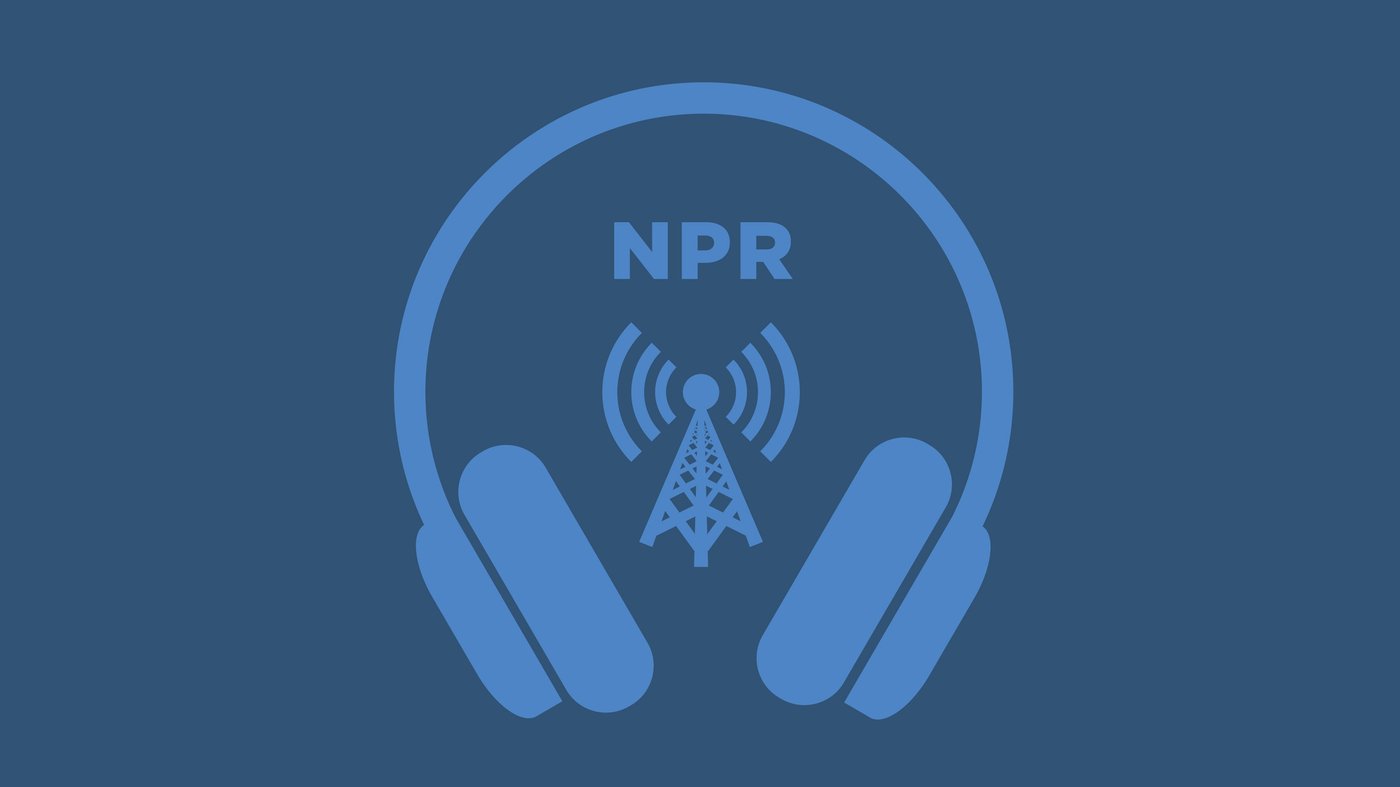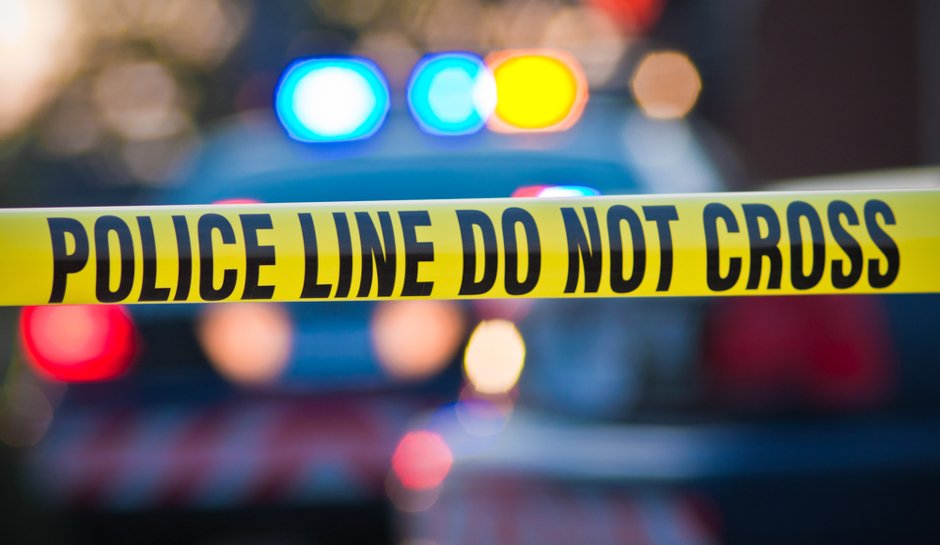Why 911 emergency systems in 3 states went dead earlier this month
OEIS Cyber Security Investigator:
Why 911 emergency systems in 3 states went dead earlier this month
NPR’s Ayesha Rascoe talks with cyber security specialist Ram Dantu about disruptions earlier this month to 9-1-1 systems in Nevada, South Dakota, and Nebraska.
AYESHA RASCOE, HOST:
It’s not something any of us want to experience – you’re in an emergency. You need help, so you pick up the phone and dial 911. And…
(SOUNDBITE OF BUSY TONE)
RASCOE: …You can’t get through. Earlier this month, emergency systems in parts of Nevada, South Dakota, and all of Nebraska went dead for about 3 hours. Apparently, that was because workers installing a light pole in Missouri accidentally cut into a fiber line that was connected to 911 operations in those areas. How does one little light pole cause so much chaos? To talk more about that incident and related risk, I’m joined by Ram Dantu. He’s director of the Center for Information and Cybersecurity at the University of North Texas. Thank you for joining us.
RAM DANTU: Thank you for having me.
RASCOE: That light pole was being installed in Kansas City, Mo., and emergency services weren’t cut off there, but they were much farther away. How did that happen?
DANTU: The emergency services – these are all generally connected through fiber optic cables, fiber optic rings going across all these center you can call. So if you go and cut a particular fiber by mistake – normally, you have one going on clockwise, another going anticlockwise rings. So I’m not sure exactly how the provider has installed this, but if you cut one, there should be service on the other one. So that’s the kind of thing that normally happens.
RASCOE: Well, in this case – I mean, it’s hard to say how many people were unable to get through to 911 centers. There were cases, I guess, where callers were asked to call a different line or in some cases to text. But how concerned should we be about that?
DANTU: This is more or less life-and-death situation because they cannot reach the 911. So the ambulance cannot be dispatched, as you know, that every minute counts.
RASCOE: Yeah. Yeah, exactly. So is there anything that can be done about it?
DANTU: Yes. When you make a phone call, there is actual a line is going from your house to the 911 center, end to end. But when it comes next generation 911, in case, if there’s a disaster in Texas, they can be routed to California and bring them back. It is not a wire connection. It can’t go some other route and get connected.
RASCOE: In San Francisco recently, we did see that modernization can come with its own pitfalls. They had a computer shut down only hours after opening a new call system. Like, what are some of the issues that can happen, even with, you know, a modern system?
DANTU: Obviously, there are several reasons why there’ll be glitch because they’re setting up and they should have various software in various different servers they use. There’s a database. There’s a call server. There’s a dispatch server. The several servers are connected. So when they’re actually working together, if it is brand new, that means they’re not tested as much as it should be or it can be.
RASCOE: So the Federal Communications Commission declined to comment to NPR, but says it’s investigating. What would you personally like to see happen after these outages happened?
DANTU: Yeah, the number one is availability. And 911 network has to be available all the time. There should be some regulation from the federal government, so they have to construct their networks so that they can route these calls to different networks or different routes so that you will never, never lose a call.
RASCOE: That’s Ram Dantu. He’s the director of the Center for Information and Cybersecurity at the University of North Texas. Thank you so much for speaking with us.
DANTU: Thank you.
Copyright © 2024 NPR. All rights reserved. Visit our website terms of use and permissions pages at www.npr.org for further information.
NPR transcripts are created on a rush deadline by an NPR contractor. This text may not be in its final form and may be updated or revised in the future. Accuracy and availability may vary. The authoritative record of NPR’s programming is the audio record.




